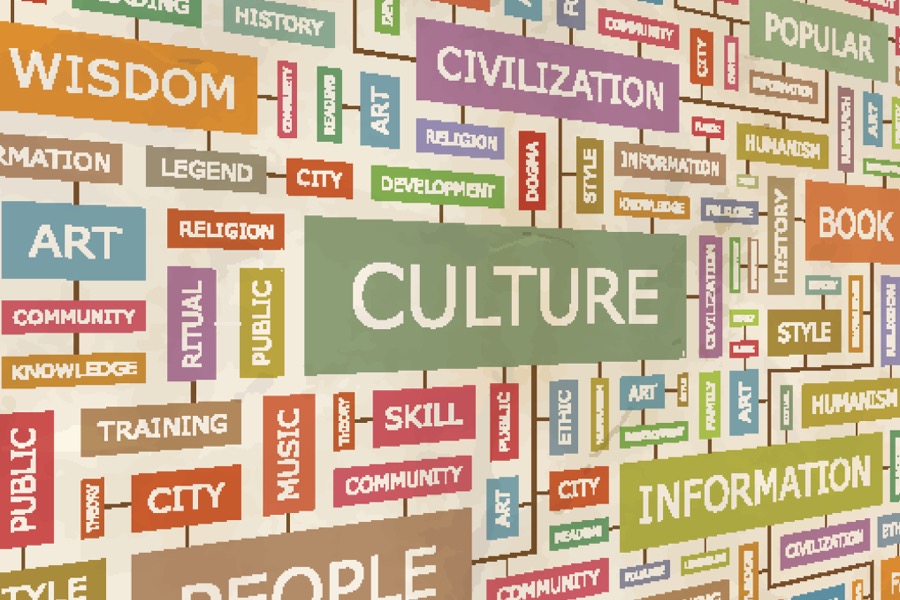The call for "parental responsibility" is increasing in direct proportion to the irresponsibility ofthe marketplace. Parents are expected to protect their children from anincreasingly hostile environment. Are the kids being sold junk food? Just say no. Is TV bad? Turn it off. Are there messages about sex, drugs, violence all around? Counter the culture.
Mothers and fathers are expected to screen virtually every aspect of their children's lives. To check the ratings on the movies, to read the labels on the CDs, to find out if there's MTV in the house next door. All the while keeping in touch with school and, in their free time, earning a living.
Barbara Dafoe Whitehead, a research associate at the Institute for American Values, found this out in interviews with middle-class parents. "A common complaint I heard from parents was their sense of being overwhelmed by the culture. They felt relatively more helpless than their parents."
"Parents," she notes, "see themselves in a struggle for the hearts and minds of their own children." It isn't that they can't sayno. It's that there's so much more to say no to.
Without wallowing in false nostalgia, there has been a fundamental shift. Americans once expected parents to raise their children in accordance with the dominant cultural messages. Today they are expected to raise their children in opposition.
Once the chorus of cultural values was full of ministers, teachers, neighbors, leaders. They demanded more conformity but offered more support. Now the messengers are Ninja Turtles, Madonna, rap groups, and celebrities pushing sneakers. Parents are considered "responsible" only if they are successful intheir resistance.
It's what makes child raising harder. It's why parents feel more isolated. It's not just that American families have less time with their kids, it's that we have to spend more of this time doing battle with our own culture.
It's rather like trying to get your kids to eat their green beans after they've been told all day about the wonders of Milky Way. Come to think of it, it's exactly like that.
Book: Bringing Up BoysBy Dr. James Dobson


